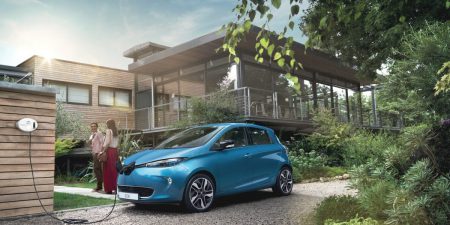New Bill unveiled in Queen’s Speech to require charging points to be fitted at services and fuel stations, support driverless cars and keep insurance claims simple

Motorway services and petrol stations may be forced to install electric charging points as part of Government plans to ensure the UK
“remains a world leader in new industries”.
An Automated and Electric Vehicles Bill will be introduced to encourage the use of electric and self-driving cars, the Government announced in the Queen’s Speech.
The first all-electric car to be built in the UK rolled off of the production line in 2013, and the Government wants
“almost every car and van to be zero-emission by 2050”.
Of more than 36.7 million licensed vehicles in the UK, just over 100,000 have been purchased with help from a government plug-in car grant.
Registrations of electric vehicles are increasing, with 13,800 being registered in the first quarter of 2017, a 17% rise on the same period the year before.
Plans to fund the additional electric charging points have not yet been announced, although the Government said it was committed to spending £600m during this Parliament to support the ultra-low emissions market.
The new law also aims to support British manufacturing and innovation by allowing self-driving cars to operate in the country.
Source: Platts Garages




